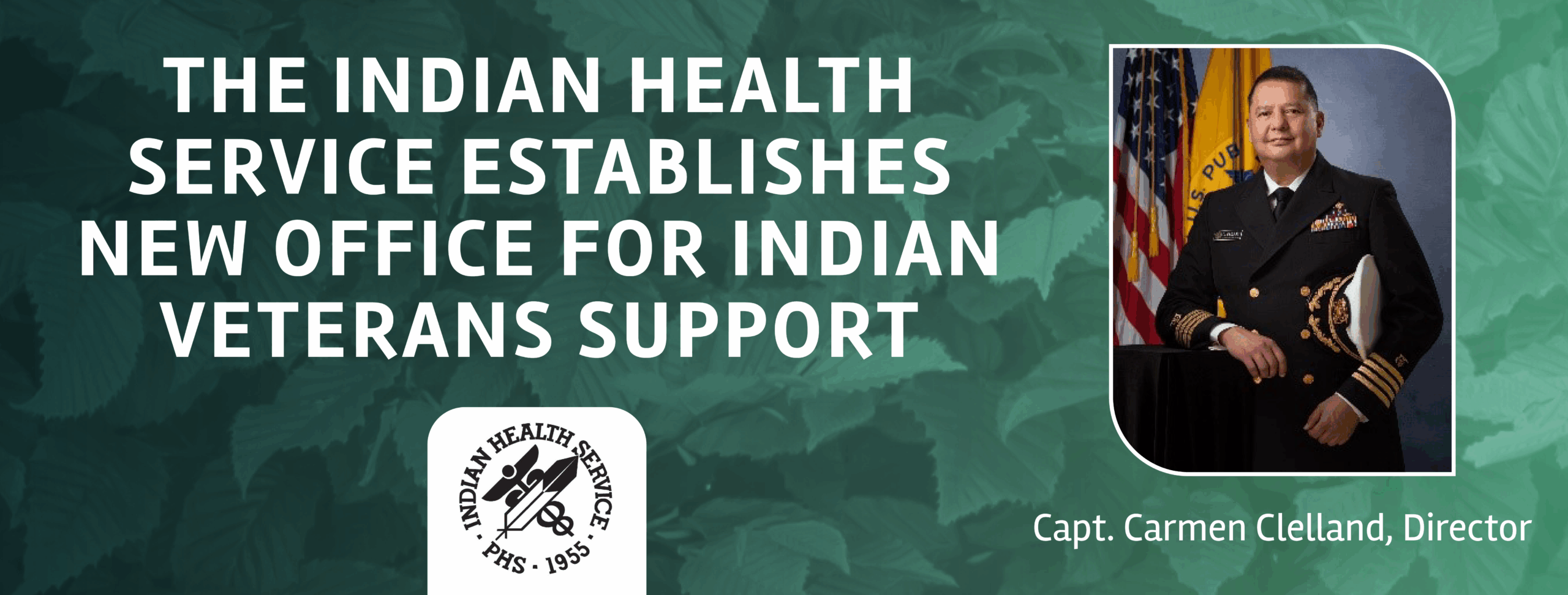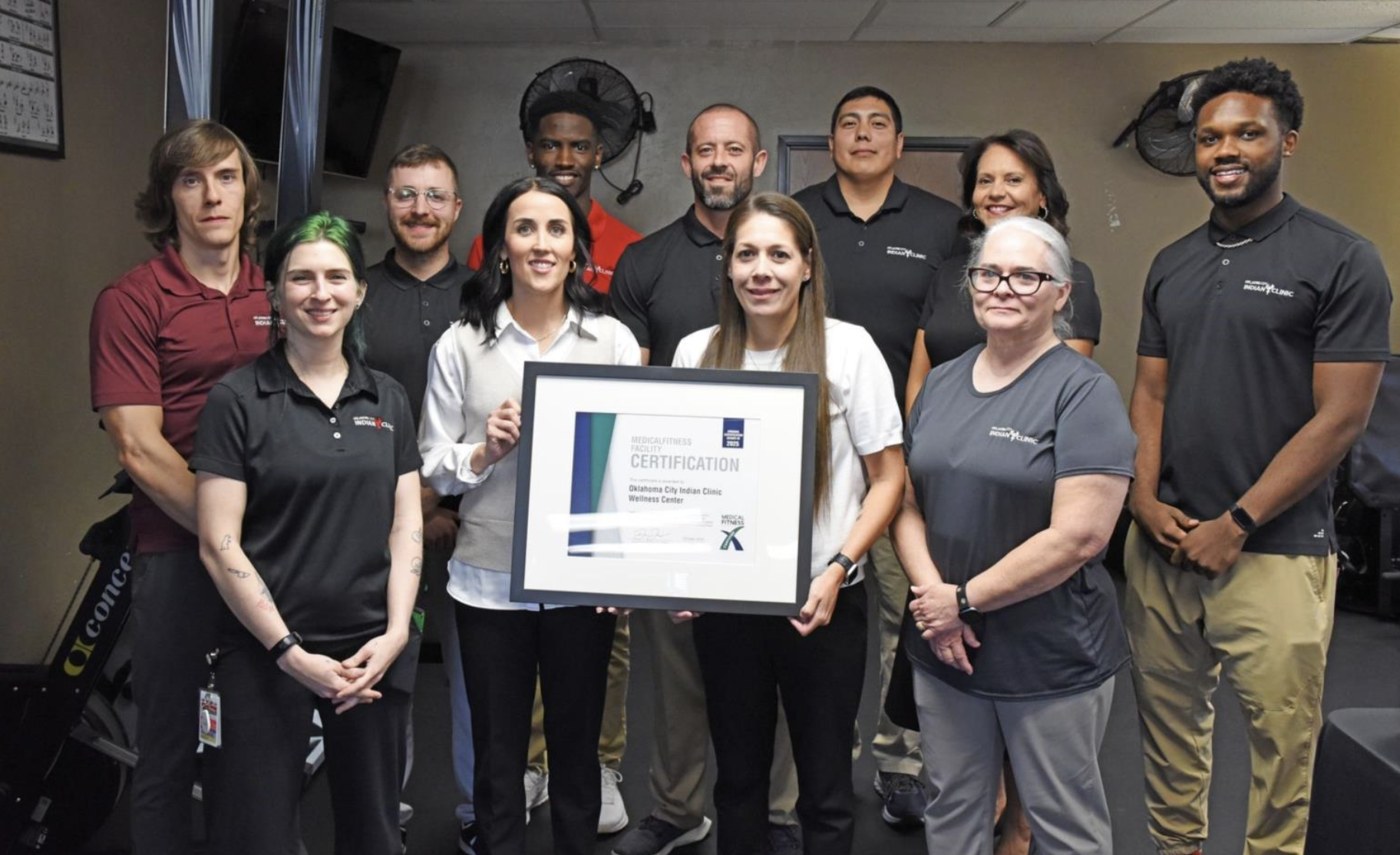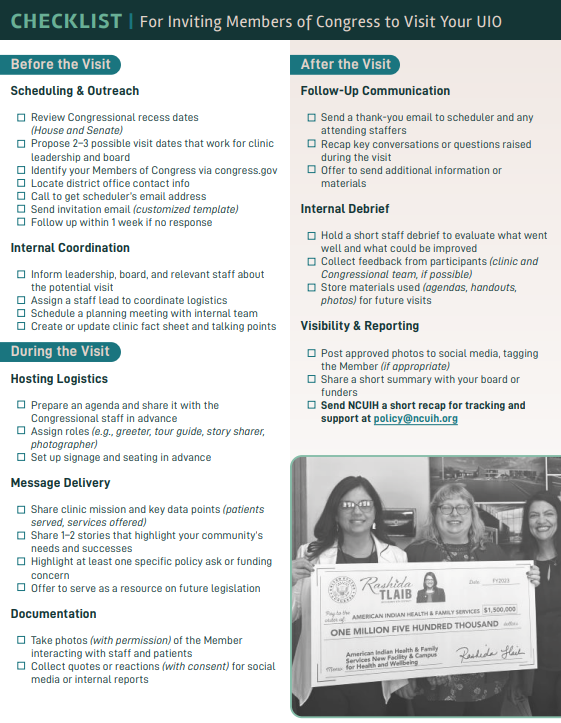On November 10, 2025, the National Council of Urban Indian Health (NCUIH) submitted written testimony to the Senate Committee on Indian Affairs (SCIA) in response to their October 29 oversight hearing entitled “Impacts of Government Shutdowns and Agency Reductions in Force on Native Communities.”
In the testimony, NCUIH requested the following:
- Extending Advance Appropriations to All Indian Country Serving Programs
- Reduction in Force (RIFs) Exemptions for All Federal Employees Serving Indian Country
Continuing Resolution Includes Protection from RIFs
On November 12, 2025, Congress passed a Continuing Resolution (CR) to fund the government through January 30, 2026. Included in the CR was language that reversed the federal workforce RIF actions taken since October 1, as well as protections against future RIFs for the duration of the CR.
Full Testimony Text
My name is Francys Crevier, I am Algonquin and the Chief Executive Officer of the National Council of Urban Indian Health (NCUIH), a national representative advocating for the 41 Urban Indian Organizations (UIOs) contracting with the Indian Health Service (IHS) under the Indian Health Care Improvement Act (IHCIA) and the American Indians and Alaska Native patients they serve. On behalf of NCUIH and these 41 UIOs, I would like to thank Chairman Murkowski, Vice Chairman Schatz, and Members of the Committee for your leadership to improve health outcomes for urban Indians and for the opportunity to provide testimony on the current impacts of the government shutdown. We respectfully request the following:
- Extend Advance Appropriations to All Indian Country Serving Programs
- Request Reduction in Force Exemptions for All Federal Employees Serving Indian Country
A Brief History on Urban Indian Organizations:
As a preliminary issue, “urban Indian” refers to any American Indian or Alaska Native (AI/AN) person who is living in an urban area, either permanently or temporarily. UIOs were created by urban AI/AN people with the support of Tribes, starting in the 1950s in response to severe problems with health, education, employment, and housing. Congress formally incorporated UIOs into the Indian Health System in 1976 with the passage of the Indian Health Care Improvement Act (IHCIA). Today, over 70% of AI/AN people live in urban areas. UIOs are an integral part of the Indian health system, comprised of the Indian Health Service, Tribes, and UIOs (collectively I/T/U), and provide essential healthcare services, including primary care, behavioral health, and social and community services, to patients from over 500 Tribes in 38 urban areas across the United States.
Advance Appropriations for the Indian Health Service Critical to Maintaining Services in the Shutdown
The historic inclusion of advance appropriations for IHS in the FY23 appropriations bill and its subsequent continuation in following FY spending packages has proved to be critical during the current government shutdown. Previously, the I/T/U system was the only major federal health care provider funded through annual appropriations. As such, in previous shutdowns, clinic staff had to go without pay, some UIOs reduced services, while others had to shutdown completely. These impacts were severe and long lasting in our communities.
With IHS currently receiving advance appropriations, funding has been able to flow to UIOs without delay during the current shutdown, ensuring that services are maintained for the community. As one UIO leader said, “The last government shutdown impacted our ability to provide full services, which resulted in 10 members of our community losing their lives. Advance Appropriations has allowed us to stay open and continue serving our people, and that stability has truly saved lives.” Advance appropriations has been a crucial step towards ensuring long-term, stable funding for IHS, which improves accountability and increases staff recruitment and retention at IHS.
Unfortunately, not all line items within the IHS budget are protected under advance appropriations, notably, Sanitation Facilities Construction, the Indian Health Care Improvement Act Fund, Facilities Construction, Contract Support Costs (CSC), Section 105(l) lease payments, and Electronic Health Records. These accounts account for more than $1.3 billion in the IHS budget.
Additionally, the Bureau of Indian Affairs (BIA) and the Bureau of Indian Education (BIE) do not receive any advance appropriations. While not related to health, these departments have a significant importance to the many functions in Indian Country. One Montana UIO has informed us that they have completed and submitted their application for the BIA’s loan guarantee for their $21 million capital project. However, the shutdown has stalled communication with federal staff, making it impossible to confirm if or when the loan guarantee will be approved. As a result, their ability to move forward with vital renovations and begin construction has been delayed, placing both the project and its anticipated benefits to their community at risk. This situation highlights how the disruption to federal processes is threatening essential infrastructure and jeopardizing much-needed investment in Indian Country.
The success of advance appropriations for IHS demonstrates that now more than ever Congress should pass S.2771, the Indian Programs Advance Appropriations Act of 2025, which would extend advance appropriations to BIA and BIE.
Proposed Reduction in Force Threatens Trust Obligations
The current Office of Management and Budget (OMB) proposed Reduction in Force (RIFs) represent a serious threat to programs and staff within the Department of Health and Human Services (HHS) that serve Indian country. While portions of the process have been temporarily paused following a Temporary Restraining Order (TRO) issued in response to legal challenges, the threat of these RIFs has created significant fear about the potential instability that would arise from these actions.
The federal government owes a trust obligation to provide adequate healthcare to American Indian and Alaska Native people. It is the policy of the United States “to ensure the highest possible health status for Indians and urban Indians and to provide all resources necessary to effect that policy.” This trust obligation is fulfilled, in part, through direct delivery of programs and services and through the provision of federal funding to Tribal programs and UIOs. Using the government shutdown as pretext to RIF federal employees, with no exemption for federal employees serving Indian Country, decimates the ability of the United States to carry out its sacred obligations to American Indian and Alaska Native communities.
We request that the Committee request that OMB issue guidance to exempt Indian Country programs and federal employees serving Indian Country from RIFs in order to uphold United States’ delivery on trust and treaty obligations.
Conclusion
While the inclusion of advance appropriations for IHS has been a lifesaving step forward, the current shutdown and threat of RIFs underscore the urgent need for further Congressional and Administrative action. Extending advance appropriations to all Indian Country–serving programs and protecting the federal workforce that upholds the trust and treaty responsibilities of the United States are essential to ensuring continuity of care and stability in our communities. We thank the Committee for its steadfast leadership and urge continued bipartisan collaboration to safeguard the health and well-being of all American Indian and Alaska Native people, no matter where they live.















 This new toolkit provides step-by-step guidance for UIOs to invite and host Members of Congress, which provides an opportunity to showcase services provided to American Indian and Alaska Native (AI/AN) people living in urban areas, share community impact, raise awareness of urban Indian health needs, and highlight the importance of federal support for UIOs.
This new toolkit provides step-by-step guidance for UIOs to invite and host Members of Congress, which provides an opportunity to showcase services provided to American Indian and Alaska Native (AI/AN) people living in urban areas, share community impact, raise awareness of urban Indian health needs, and highlight the importance of federal support for UIOs.